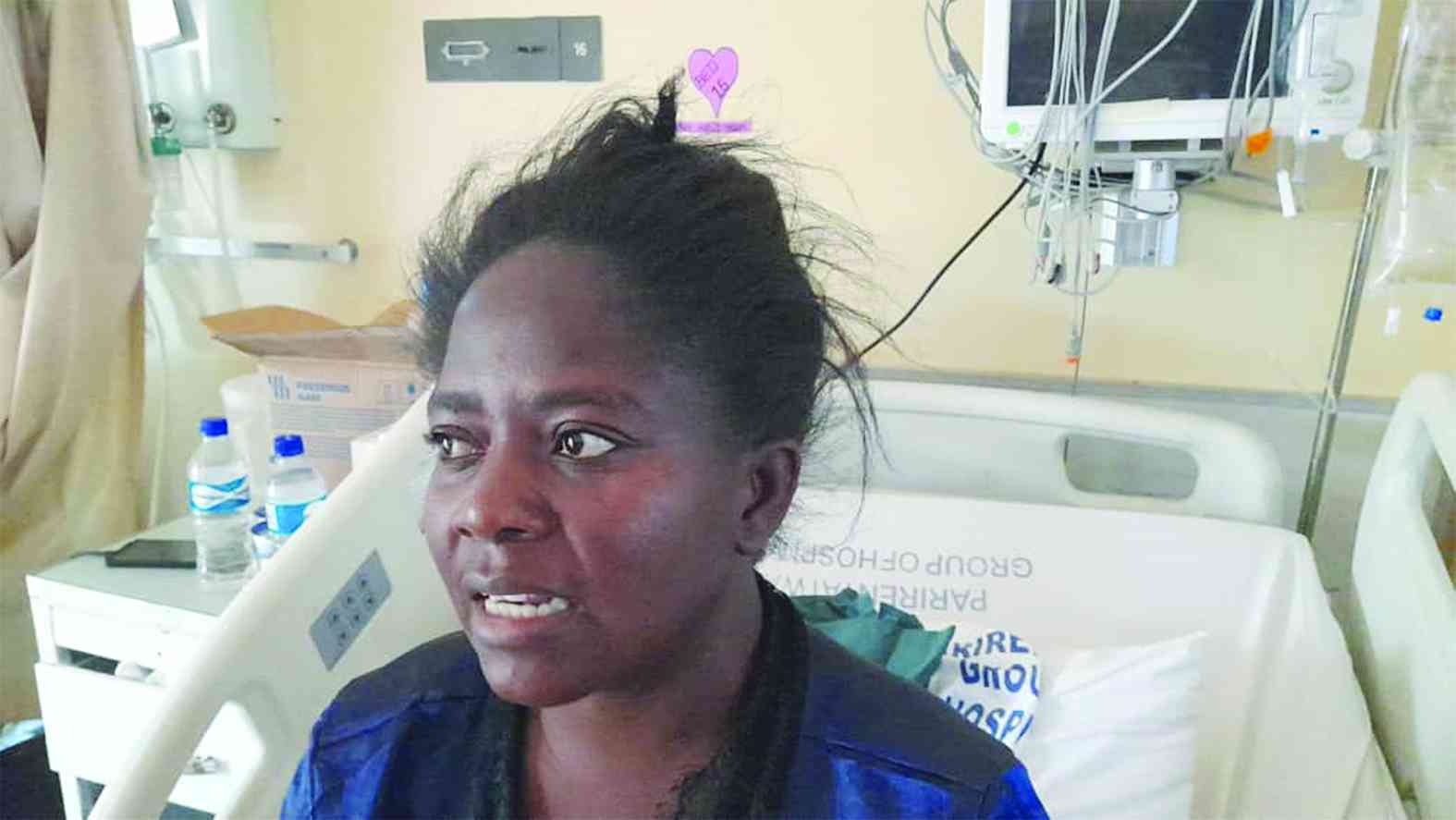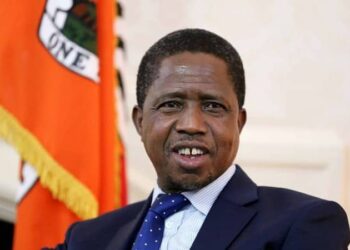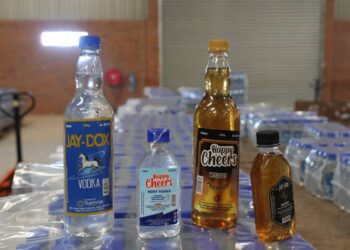AFTER a series of visits to different specialists and several hospitals, Tatenda Nyakutya (42) had lost hope of a breakthrough to her challenge.
She had been sick and bedridden for more than a decade.
“I have been bedridden for more than a decade now. I was in and out of hospital with medical experts failing to diagnose my ailment. I would get heart and asthma treatments, but to no avail,” narrated Nyakutya.
Her hope for survival was revived recently after she was told that she was part of a group of patients to undergo a keyhole lung surgery locally, the first of its kind in Zimbabwe.
“People presumed it was asthma or a heart condition. I had reached a stage whereby I could not do any chores aside from making my bed. So in 2022, I collapsed and they rushed me to Nyanga District Hospital and was referred to Victoria Chitepo Provincial Hospital. Then they referred me to All Souls Mission (in Mutoko) stating that they specialise in heart conditions. The doctors’ diagnosis was that the heart might have had a problem from somewhere else and they referred me to a cardiologist in Harare named Dr Fana,” said Nyakutya.
“Dr Fana referred me to endocrinologists who after hormone tests did Myasthenia gravis tests, which tested positive. That was in July 2022. A CT scan revealed that I had a thymus gland that was growing abnormally.”
According to Johns Medicine, myasthenia gravis is a chronic autoimmune disorder in which antibodies destroy the communication between nerves and muscle, resulting in weakness of the skeletal muscles.
It affects the voluntary muscles of the body, especially those that control the eyes, mouth, throat and limbs.
It took a series of counselling sessions and in-depth explanations by Zimbabwe’s only female cardiothoracic surgeon, Kudzai Kanyepi, for her to gain confidence and accept to go under the knife.
“I was told that the operation would cost US$20 000 in India, but considering what happened here, there was a huge difference as we didn’t fork out that much. The operation could have been done in Spain or India, but it was all done here at Parirenyatwa Group of Hospitals,” she said.
Nyakutya successfully underwent a three keyhole lung operations on February 27 this year.
A keyhole surgery can remove small, early, non-small cell lung cancers.
The medical name for this operation is video assisted thoracoscopic surgery (VATS).
The surgeon makes one, two or three small cuts on the side of the chest.
They use a long, bendy tube called a thoracoscope connected to a fibre optic camera.
This shows pictures of the inside of the chest on a video screen.
“The fear was that there were chances of not coming out of the theatre alive. I was happy with the reassurance that God would not bring me here from Nyanga to take my life. I had the confidence and faith it would turn out well,” Nyakutya recalled.
“After the operation, they put me in the ICU [intensive care unit] for post-surgery monitoring and was discharged from the ICU and had X-rays taken which showed all was well.”
Nyakutya has since been discharged from hospital and is recovering well at her home in Nyanga.
In fact, she has renewed her trust in the country’s health system.
The successful operations marked a step ahead in the country’s medical history, several months after another milestone whereby 12 successful open heart surgeries were conducted at Parirenyatwa Group of Hospitals last year.
This time, three patients were operated on — two at Parirenyatwa and one at the Avenues Clinic — by a team made up of professor Diego Gonzales Rivas from Spain and three local cardiothoracic surgeons, namely Kanyepi, Simukai Machawira and Wilfred Mutewere.
“What makes these operations unique is the extent of the surgery and the fact that there was only a single small incision of about three to five centimetres made,” said Kanyepi.
“In one case, a whole lung was removed through a single small incision. In another, a malignant tumour behind the sternum, known as a thymoma, was removed. The operation at the Avenues Clinic was on a 40-year-old mother to remove the lower lobe of one of her lungs, where there was a cancerous growth.”
The operations were carried out at the end of a two-day International Uniportal VATS Masterclass programme conducted by the University of Zimbabwe.
VATS is a much less invasive way of removing lung tissue compared with traditional open-chest surgery.
Each operation carries approximately 1%-2% mortality risk, risk of air escaping from the lung from the part that has been cut out, bleeding which could also be severe and require also emergency conversion to open surgery, pain which might become chronic, scarring, injury to the intrathoracic organs, heart attack and stroke.
Kanyepi said such programmes would be an annual event, during which surgeons from across the continent could be trained and carry out live surgery.
The patients were operated on free of charge. One of the major sponsors of the programme was Cimas Health Group, which provided US$3 000 for it.
Cimas Health Group chief medical officer Nyasha Masuka said the medical service provider was pleased to sponsor the initiative.
“The fund was established in 2007 to contribute to the development of human resources in the health sector. Through this fund, Cimas has been sponsoring the training of doctors and medical specialists,” he said.
“We are particularly proud of the fact that one of the beneficiaries of this sponsorship, Kanyepi, has not only become the nation’s first female cardiothoracic surgeon, but also played a major role in arranging and carrying out these historic operations.”
While speaking on the sidelines of the International Masterclass of Uniportal VATS Zimbabwe programme a day before the surgeries, Parirenyatwa Group of Hospitals head of cardiothoracic surgery Simukai Machawira said they were positive about registering success in the live operations.
Source NewsDay










